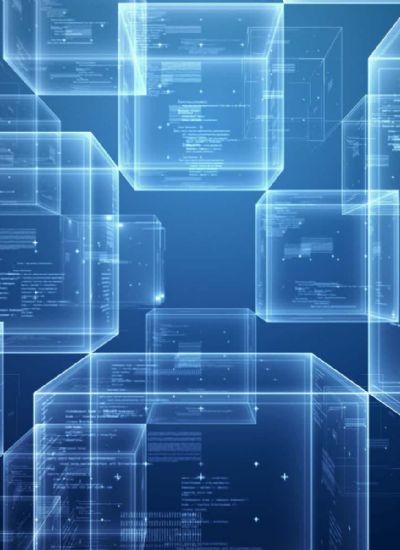Is it Time to Upgrade Your Computer"s Memory?
Upgrading your computer's memory is one of the fastest and cheapest ways to dramatically increase performance.
For most users running Windows XP, 1-2GB of RAM will work well, and if you're running Windows Vista, 2-4GB of RAM is generally recommended.
Your needs may vary, of course, depending on the number and types of applications you're running.
To quickly evaluate whether your computer needs more memory, you can check your system's memory utilization when your usage is at peak.
After you've opened a typical number of applications and have been using them for a while, check your memory usage using the Windows Task Manager.
To access the Task Manager, right-click in an empty area of your desktop's task bar and select "Task Manager.
"A quick glance at physical memory used versus your physical memory available will be a good indicator of whether you're in need of more memory.
Other indicators of low available memory are high CPU usage for no apparent reason, and of course those system pop-up messages warning you that the available virtual memory is low.
If you are in need of additional memory, one of the first things you'll need to do is determine the amount and type of memory that's currently in your system.
You may not be able to just simply add more RAM to your system--for example, if your motherboard has four slots available for RAM and all four are populated with 256MB DIMMs (for a total of 1GB), then you have a decision to make.
You'll have to replace some or all of the existing 256MB DIMMs to upgrade your memory.
Most often, memory modules must be installed in pairs, so in our example you could replace two of the 256MB DIMMs with two 1GB DIMMs, giving you total of 2.
5GB of RAM.
Now, you'll also need to know in advance what type of memory your motherboard supports.
For example, if your motherboard can only support DDR2-400 or DDR2-533 RAM, be sure that this is the type of memory that you purchase.
Also, if you're mixing new memory with old, both should match or you may experience problems such as system lockup or overall system instability.
When you make your purchase, try to stick with a brand name that has a good reputation.
Few things are more frustrating than trying to troubleshoot mysterious and intermittent problems with your computer due to cheap, faulty memory.
I wish you the best of luck in improving your system's performance.
For most users running Windows XP, 1-2GB of RAM will work well, and if you're running Windows Vista, 2-4GB of RAM is generally recommended.
Your needs may vary, of course, depending on the number and types of applications you're running.
To quickly evaluate whether your computer needs more memory, you can check your system's memory utilization when your usage is at peak.
After you've opened a typical number of applications and have been using them for a while, check your memory usage using the Windows Task Manager.
To access the Task Manager, right-click in an empty area of your desktop's task bar and select "Task Manager.
"A quick glance at physical memory used versus your physical memory available will be a good indicator of whether you're in need of more memory.
Other indicators of low available memory are high CPU usage for no apparent reason, and of course those system pop-up messages warning you that the available virtual memory is low.
If you are in need of additional memory, one of the first things you'll need to do is determine the amount and type of memory that's currently in your system.
You may not be able to just simply add more RAM to your system--for example, if your motherboard has four slots available for RAM and all four are populated with 256MB DIMMs (for a total of 1GB), then you have a decision to make.
You'll have to replace some or all of the existing 256MB DIMMs to upgrade your memory.
Most often, memory modules must be installed in pairs, so in our example you could replace two of the 256MB DIMMs with two 1GB DIMMs, giving you total of 2.
5GB of RAM.
Now, you'll also need to know in advance what type of memory your motherboard supports.
For example, if your motherboard can only support DDR2-400 or DDR2-533 RAM, be sure that this is the type of memory that you purchase.
Also, if you're mixing new memory with old, both should match or you may experience problems such as system lockup or overall system instability.
When you make your purchase, try to stick with a brand name that has a good reputation.
Few things are more frustrating than trying to troubleshoot mysterious and intermittent problems with your computer due to cheap, faulty memory.
I wish you the best of luck in improving your system's performance.




















